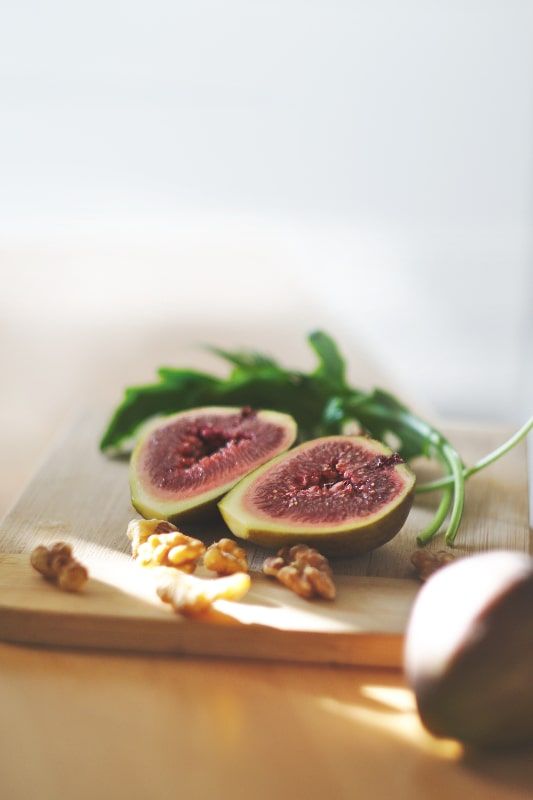Maracuyá or Passion fruit: A Healthy and Exotic Fruit
Maracuya or passion fruit is a fruit with unique aroma characteristics, in addition to offering multiple health benefits due to its bioactive content.

Passiflora edulis, also known as maracuya or passion fruit, is an exotic tropical fruit native to the Americas. Among its different varieties, the yellow-shelled passion fruit (P. edulis var. flavicarpa) is the most common and economically important.
Passion fruit has a thick, hard, bright yellow skin, while the seeds are brown. The pulp is acidic and its characteristic aroma is due to the presence of almost one hundred and fifty volatile substances such as esters and monoterpenoids, which is why it is used in body creams, and air fresheners, and the food industry.
Passion fruit is generally consumed in its fresh form or juice, although a great diversity of products based on passion fruit has also been developed, such as ice cream, jams, yogurts, and teas, among others.
The main passion fruit-producing countries are Brazil, Ecuador, Peru, Colombia, and Kenya. In Mexico, the main producer is the state of Veracruz, followed by Jalisco and Nayarit. It is available in the market from October to April.
Traditionally it has been used in herbal medicine in many countries for its pharmacological activities, which are attributed to the bioactive compounds present in the fruit. It is commonly used as a diuretic, digestive, sedative, and antidiarrheal, as well as for the treatment of coughs, constipation, insomnia, colic in infants, joint pain, etc.
On the other hand, several in vitro and in vivo studies have shown that passion fruit has several beneficial activities for humans, such as antioxidant, anti-inflammatory, antihypertensive, hepatoprotective, antidiabetic, sedative, and antidepressant functions; these bioactivities are due to the presence of bioactive compounds such as luteolin, apigenin, and quercetin, as well as chlorogenic, caffeic and vanillic acids.
Additionally, passion fruit is a very refreshing fruit that provides other nutritionally valuable compounds, such as high percentages of vitamin A, vitamin C, dietary fiber, and minerals such as potassium, phosphorus, and magnesium, which are important for human health, in addition to the fact that 100 g of this fruit only provide 60 kcal.
The passion fruit has a small market, so in Mexico, only a hundred hectares are planted, approximately; however, it is a fruit with unique aroma characteristics, in addition to offering multiple health benefits due to its bioactive content, so it is of great importance to promoting the consumption of passion fruit, either in soft drinks, snacks or in its natural form.
By researchers Salma A. Enríquez Valencia, Leticia Xóchitl López Martínez and Gustavo González Aguilar. Source: CIAD




